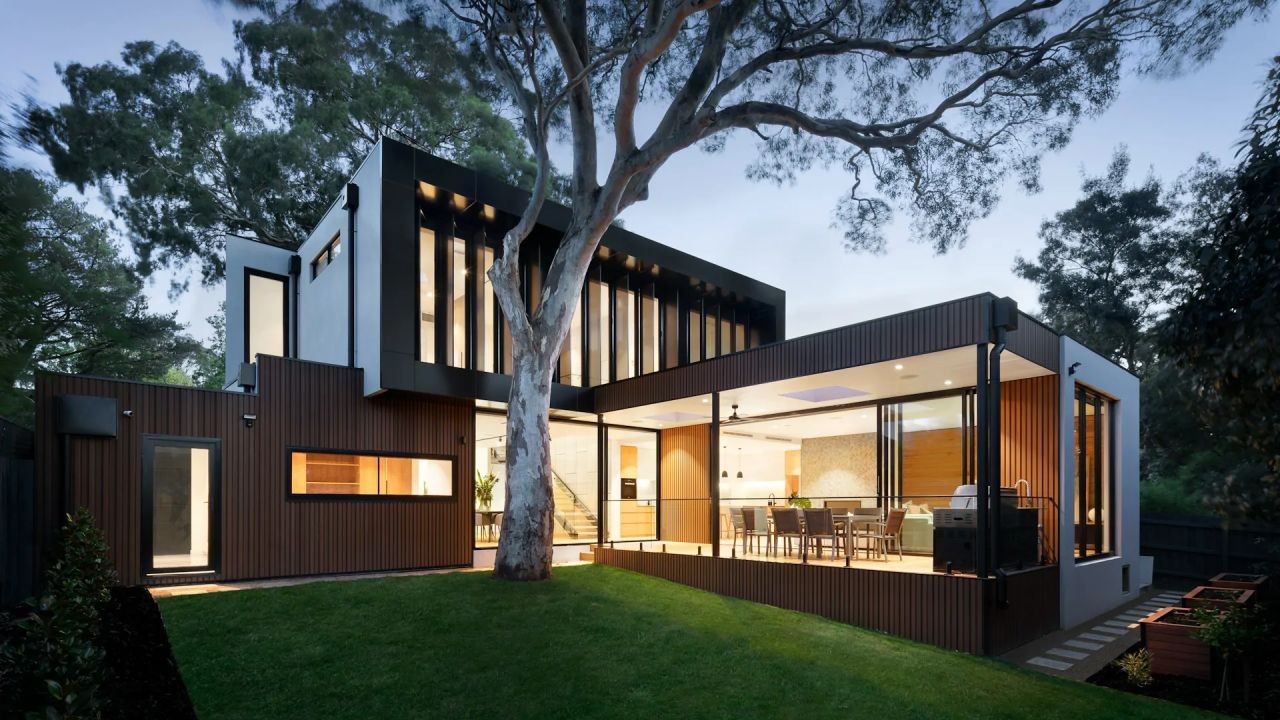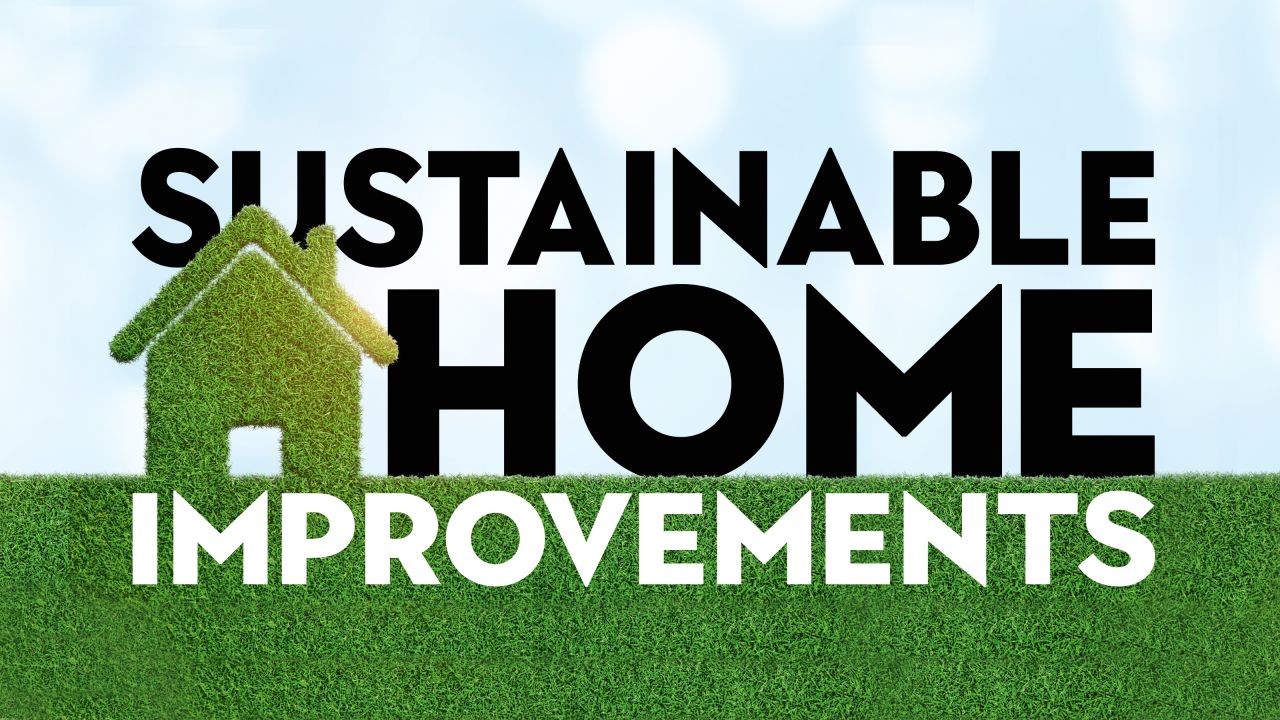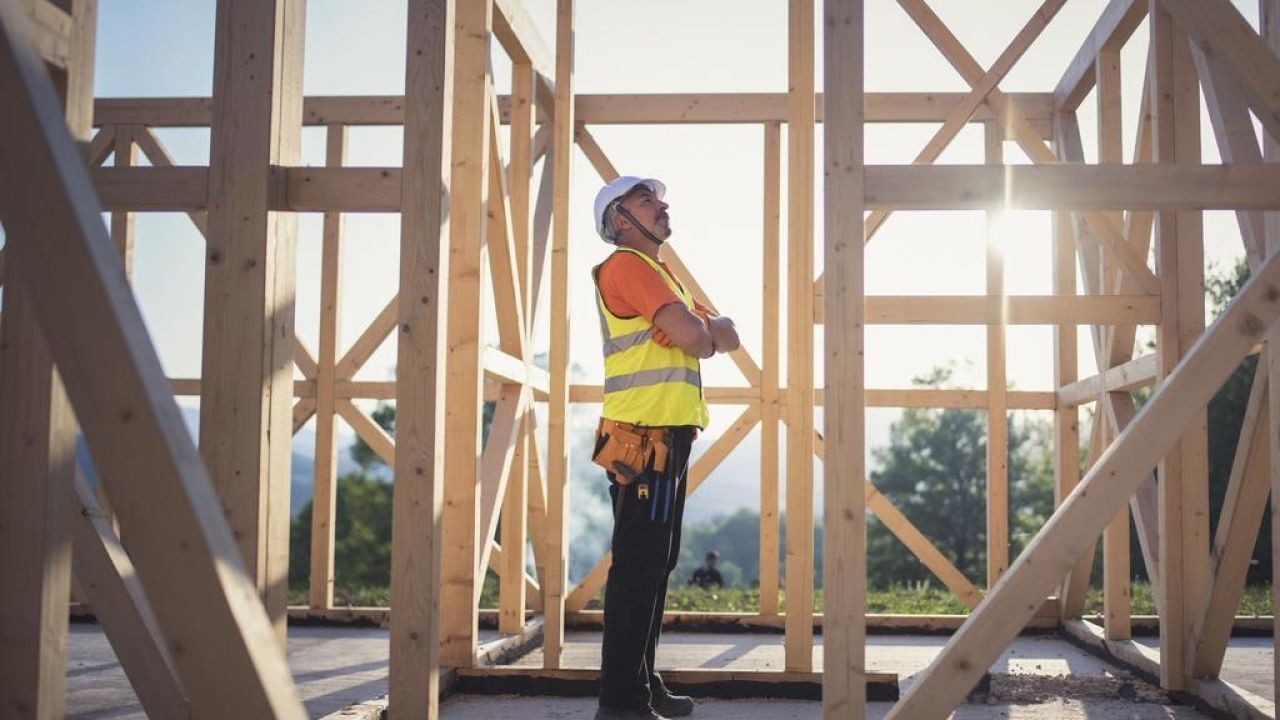In recent years, New Zealand has embraced sustainable housing projects as a transformative force in its real estate market. These projects are not just environmentally friendly; they are economically viable and socially beneficial. The push towards sustainability is driven by a combination of governmental policies, economic incentives, and a growing awareness of the environmental impact of traditional construction methods. This article delves into why sustainable housing is the future of New Zealand's real estate, supported by data, case studies, and expert insights.
The Imperative for Sustainable Housing in New Zealand
New Zealand faces unique challenges in its real estate sector, from rising property prices to environmental concerns. According to Stats NZ, the median house price increased by 27% from 2020 to 2024, exacerbating affordability issues for many Kiwis. Simultaneously, the government has committed to reducing greenhouse gas emissions, aligning with the Paris Agreement targets. Sustainable housing offers a solution to both these challenges by providing affordable, energy-efficient homes that reduce environmental impact.
Case Study: The Wynyard Quarter Development
The Wynyard Quarter in Auckland serves as a shining example of sustainable urban development. This project transformed a former industrial area into a vibrant, eco-friendly community. The development incorporates green building technologies, such as solar panels and rainwater harvesting, and emphasizes public transport and green spaces. As a result, the Wynyard Quarter not only reduced its carbon footprint but also increased property values by 15% within five years, according to a report by the New Zealand Green Building Council.
The Economic Benefits of Sustainable Housing
Sustainable housing projects are not just environmentally advantageous; they also offer significant economic benefits. A study by the Ministry of Business, Innovation, and Employment (MBIE) found that green buildings can reduce energy costs by up to 30%, resulting in substantial savings for homeowners. Furthermore, these projects create jobs in the construction and renewable energy sectors, contributing to economic growth.
Real-World Example: Hobsonville Point
Hobsonville Point, a master-planned community in Auckland, has set a benchmark for sustainable living in New Zealand. This development features energy-efficient homes, extensive public transport links, and community amenities designed to foster social interaction. According to data from the Auckland Council, Hobsonville Point has seen a 20% increase in property values since its inception, demonstrating the financial viability of sustainable housing projects.
Policy Framework Supporting Sustainable Housing
The New Zealand government has implemented several policies to promote sustainable housing. The Building for Climate Change program, launched by MBIE, aims to reduce carbon emissions from buildings by improving energy efficiency standards. Additionally, the government offers incentives for green building certifications, encouraging developers to adopt sustainable practices.
Expert Insight: The Role of Financial Institutions
Financial institutions play a crucial role in supporting sustainable housing projects. According to a report by the Reserve Bank of New Zealand, green mortgages, which offer lower interest rates for energy-efficient homes, are gaining popularity. This financial innovation not only makes sustainable housing more accessible but also incentivizes developers to incorporate eco-friendly features into their projects.
Future Trends in Sustainable Housing
The future of sustainable housing in New Zealand is promising, with several trends set to reshape the industry. The integration of smart home technologies, such as energy management systems and IoT devices, will enhance the efficiency of sustainable homes. Additionally, the use of sustainable materials, such as cross-laminated timber, will further reduce the environmental impact of construction.
Pros vs. Cons of Sustainable Housing
Pros:
- Environmental Impact: Reduces carbon emissions and conserves natural resources.
- Economic Savings: Lowers energy costs and increases property values.
- Health Benefits: Improves indoor air quality and occupant well-being.
Cons:
- Higher Initial Costs: Sustainable materials and technologies can be expensive upfront.
- Technical Challenges: Requires specialized knowledge and skills for implementation.
- Market Acceptance: Some consumers may be hesitant to adopt new technologies.
Common Myths About Sustainable Housing
- Myth: Sustainable homes are too expensive for the average buyer.Reality: Although initial costs can be higher, sustainable homes offer long-term savings on energy bills and maintenance, making them cost-effective in the long run.
- Myth: Eco-friendly homes are less durable than traditional homes.Reality: Sustainable construction often uses high-quality materials that enhance durability and longevity.
- Myth: Sustainable housing is only for environmentalists.Reality: Sustainable housing is becoming mainstream, appealing to a wide range of buyers interested in economic savings and improved living conditions.
Steps to Implement Sustainable Housing Projects
- Conduct a Feasibility Study: Assess the economic and environmental benefits of sustainable technologies.
- Engage Stakeholders: Collaborate with architects, builders, and financial institutions to develop a comprehensive plan.
- Secure Funding: Explore government grants and green mortgages to finance the project.
- Implement Sustainable Practices: Incorporate energy-efficient technologies and sustainable materials.
- Monitor and Evaluate: Track the project's performance and make adjustments as needed to optimize sustainability outcomes.
Conclusion: The Path Forward for New Zealand's Real Estate
Sustainable housing is not just a trend but a necessity for the future of New Zealand's real estate market. By embracing sustainable practices, New Zealand can address environmental challenges, improve housing affordability, and stimulate economic growth. As the country continues to innovate in this space, sustainable housing projects will undoubtedly become the cornerstone of its real estate industry.
People Also Ask
- How does sustainable housing impact New Zealand's economy? Sustainable housing boosts the economy by creating jobs, reducing energy costs, and increasing property values, as shown by projects like Hobsonville Point.
- What are the biggest misconceptions about sustainable housing? One common myth is that sustainable homes are too expensive. However, data shows they offer long-term savings and economic benefits.
- What are the best strategies for implementing sustainable housing projects? Experts recommend conducting feasibility studies, engaging stakeholders, securing funding, and incorporating sustainable practices.
- What upcoming changes in New Zealand could affect sustainable housing? Policy updates like the Building for Climate Change program will enhance energy efficiency standards and promote sustainable housing.
- Who benefits the most from sustainable housing? Sustainable housing benefits homeowners, developers, and the environment, creating economic and social value for communities.
Related Search Queries
- Sustainable housing projects in New Zealand
- Benefits of green building in NZ
- Eco-friendly homes Auckland
- Green mortgages NZ
- Future of real estate in New Zealand
- Energy-efficient homes Wellington
- Sustainable construction materials NZ
- Government policies on sustainable housing
- Smart home technologies NZ
- Environmental impact of housing in New Zealand
































michealaston79
9 months ago